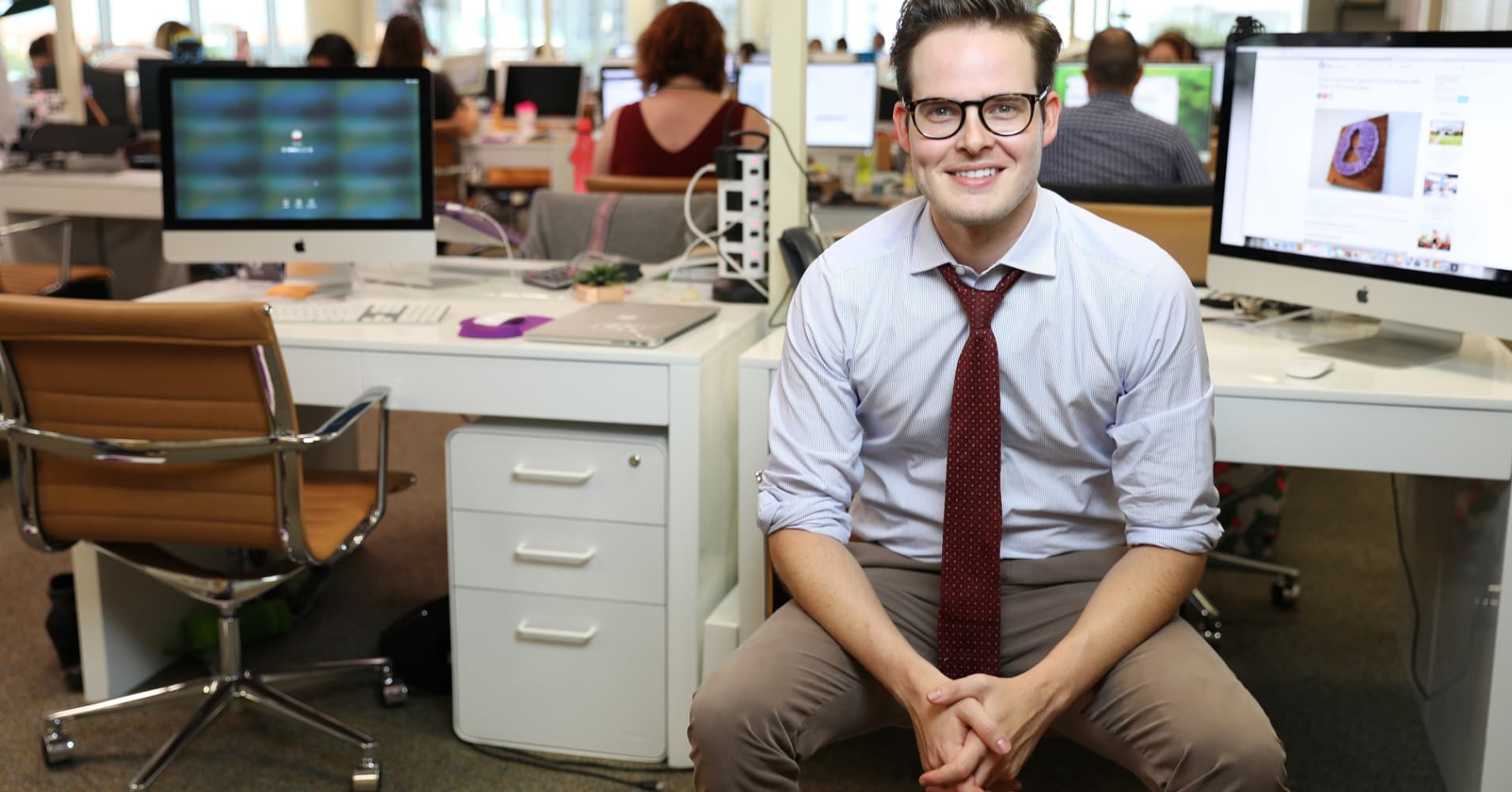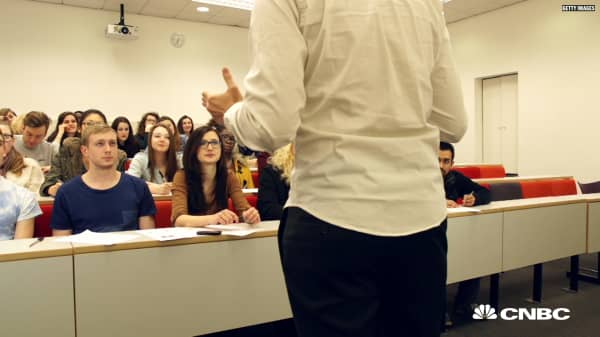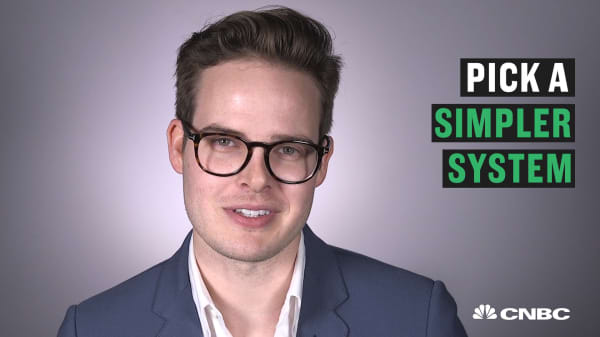Growing up, college was presented to me as the next logical step after high school. It was "what you did" if you wanted to get a good job and make a lot of money.
Often missing from that conversation? The fact that college is a major financial investment, and that your future boss may not actually care whether or not you went.
I learned my lesson the hard way: Two universities and zero degrees later, I left school with nearly $50,000 worth of student loan and credit card debt. Ouch.
Admittedly, I was a lazy academic — I had decent grades, but I put the least amount of effort into achieving them. Still, being a college dropout wasn't part of the plan.
In 2004, I was a college freshman and political science major at the University of South Florida in St. Petersburg. I was three weeks into school when I landed a job on a political campaign.
When that campaign ended I was offered a different role on a campaign in Texas. It was an opportunity I couldn't pass up. At the time, I thought of it as "taking a break from college," not dropping out altogether.
Later on, life brought me to Denver, and I attended the University of Colorado for three semesters from 2006 to 2007. I left for yet another campaign.
For a while, I thought I'd go back to school. But after founding the fastest-growing private media company and hiring 70 employees, I'm less sure.






